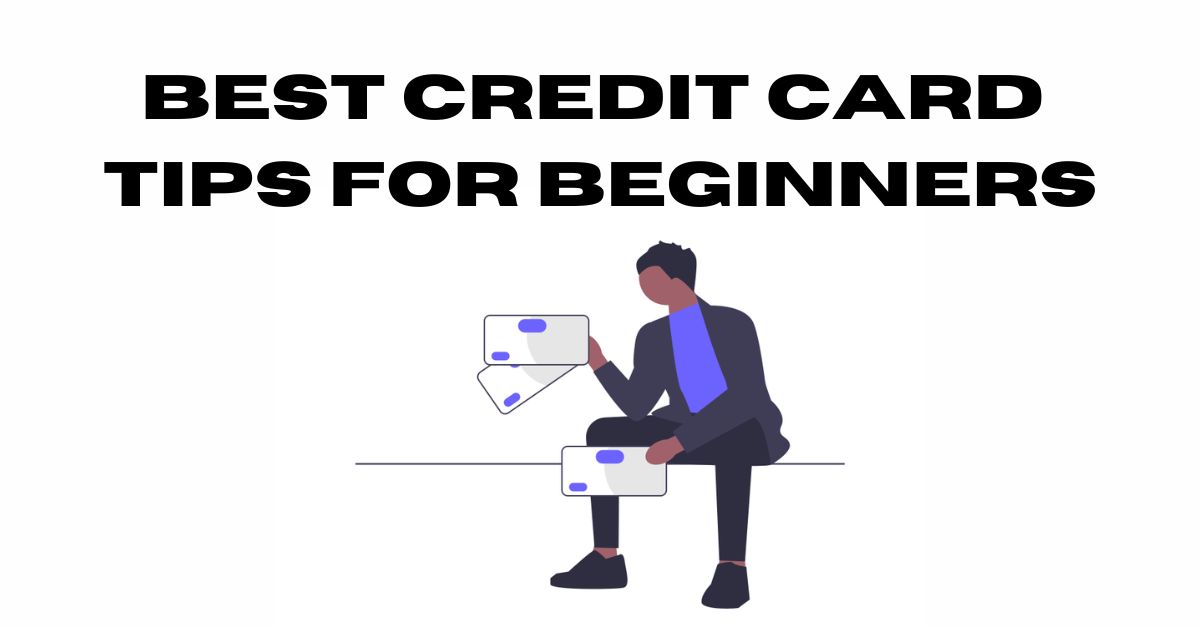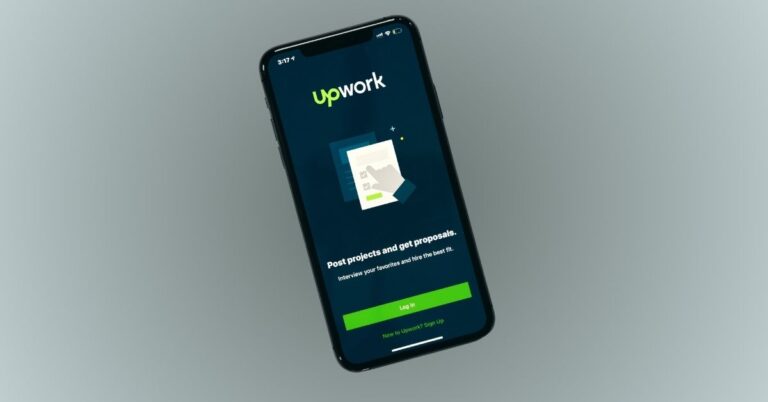10 MUST-READ Credit Card Tips for Beginners
You just got your first credit card. You’re excited and ready to make that first swipe—but you’re also wondering, ‘How can I use this without falling into debt?’
Well, great news, buddy. This article is here to help you do just that. We’ll provide you with top tips to optimize your credit card use, especially if it’s your first time.
After reading, you’ll know how to cover your CVV, be more conscious and confident with your card, and much more. So let’s get started.
What are the Best Credit Card Tips that Beginners Can Follow?
Always pay your balance in full each month to avoid interest and improve your credit score. Keep your credit utilization under 30% and regularly check your statements to spot unauthorized charges and manage spending.
These are just the ‘tip’ of the credit card iceberg. If you want to learn all of it in-depth, then read on below.
1. Understand Your Credit Limit and Spend Wisely
A credit limit of ₱29,000 is quite reasonable for beginners. It’s important to understand that just because you have a credit limit, doesn’t mean you need to use it all. Avoid impulse spending and only charge to your card what you can afford to pay back in cash. This helps in maintaining a good credit score and prevents debt accumulation.
2. Security Measures are Crucial
Protect your credit card information by covering your CVV with a tamper-proof sticker available on platforms like Lazada or Shopee. Additionally, utilize the Lock/Unlock feature available through your card’s mobile app to secure your card further.
3. Pay Your Balances in Full and On Time
Always aim to pay your entire balance on the due date. Paying only the minimum or a partial amount leads to interest charges on the full amount due. Set reminders to pay at least 5 days before the due date to ensure timely payments and potentially improve your credit score.
4. Monitor and Understand Your Statements
Regularly check your credit card statements for any unauthorized transactions and get clarity on any charges you do not understand by contacting customer service. If you’re charged an over-limit fee, try to negotiate a reversal. Always be proactive in managing your statements.
5. Use Credit Cards for Emergencies and Planned Purchases
Do not use credit cards for everyday expenses unless it’s part of a well-planned budget. Use your card for necessary spending and always ensure you can pay the amount back by the due date. If you don’t have an emergency fund yet, prioritize building one before increasing your credit card usage.
6. Manage Your Credit Limit Responsibly
Do not request an increase in your credit limit unless you are confident you can manage the higher limit without overspending. Keeping a lower limit can act as a personal spending control.
7. Be Cautious with Installments and Loans
Avoid high-interest installment plans like those offered by services such as Atome. If you decide to use such services for emergencies, be vigilant about the interest rates and fees. Always plan your finances to avoid using installments as a crutch.
8. Keep Your Card Details Private
Never share your credit card details, especially online. Be wary of scams where individuals pose as bank agents. For added security, only link your credit card to trusted payment platforms like Grab and use that for online transactions.
9. Strategic Billing and Payment Planning
Understand your billing cycle and plan your purchases around the billing cut-off to manage when charges appear on your statement. This can help in managing cash flow and avoiding interest charges.
10. Avoid Letting Others Use Your Credit Card
Never allow friends or family to use your credit card. You are responsible for paying off the debt, and it can complicate relationships and your financial stability if they fail to reimburse you on time.
FAQs
What is a credit utilization ratio and why is it important?
The credit utilization ratio is how much of your credit limit you’re using. Keeping this under 30% is good for your credit score. For example, if your limit is ₱29,000, try not to spend more than ₱8,700 at any time.
How can I increase my credit score using a credit card?
Boost your credit score by always paying your credit card bill on time, keeping your spending low compared to your limit, and not applying for many credit cards at once. Using your credit card wisely over time helps improve your score.
What should I do if I lose my credit card?
If you lose your credit card, call your card issuer right away to block it and stop any potential fraud. They’ll help you get a new card.
Can I use my credit card internationally?
You can use your credit card abroad, but let your bank know your travel plans first to avoid security blocks on your card. Watch out for extra fees on transactions made outside your country, which can be 1% to 3%.
How do balance transfers work?
A balance transfer means moving what you owe from one card to another, usually to get a lower interest rate. This can help save on interest, but check for any transfer fees and how long the low rate lasts to make sure it’s worth it.
What are the risks of only paying the minimum amount due?
Only paying the minimum due on your card stretches out your debt and increases interest costs. This can also hurt your credit score because your debt stays high. Try to pay more than the minimum or, ideally, the entire balance each month.
How should I respond to a credit limit increase offer?
When offered a higher credit limit, think about whether you can manage the extra credit without overspending. A higher limit can help your credit score by keeping your utilization low, but it also means you could get into more debt. If unsure, it might be best to say no.
Conclusion
Juan Remote Work‘s goal is to support Filipino freelancers—not just by helping you find work, but also by guiding you through daily challenges, such as learning how to properly use a credit card if you’re a beginner.
If you want to read more topics from us, then consider hopping over to our blog where you’ll find good reads such as ‘What are the best CRO skills to invest in right now?’, ‘CRO resources that can help you get started‘, and more.
In conclusion, these practical tips can help you, whether in the Philippines or anywhere else, navigate your first experiences with credit cards, promoting healthy financial habits and credit use.
We hope that we’ve helped you understand this topic a bit better, and if you have any questions, don’t hesitate to comment down below.
Take care!


![How to Write a Proposal on Upwork That Works [10 Easy Ways]](https://www.juanremotework.com/wp-content/uploads/2024/07/a-woman-thats-looking-through-her-laptop-768x402.jpg)




